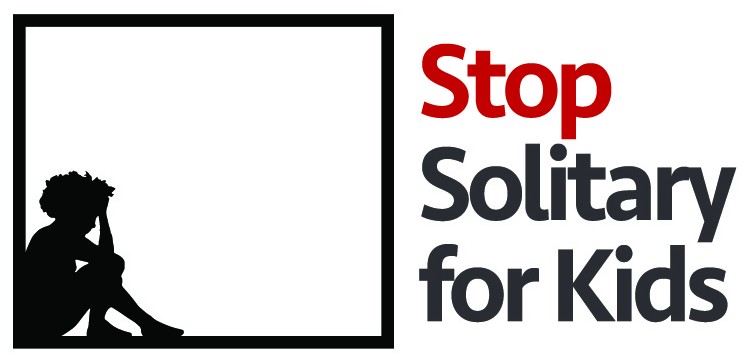NJ Passes Law to Limit Solitary (2019)
In July 2019, New Jersey’s Governor signed the Isolated Confinement Restriction Act (A314/S3261) into law. The law’s passage was the result of a multi-year effort led by survivors of solitary and a coalition of groups including the ACLU-NJ and the New Jersey Campaign for Alternatives to Isolated Confinement (NJCAIC). A similar bill passed the state Legislature in 2016 but was vetoed by then Governor Chris Christie.
The Isolated Confinement Restriction Act goes into effect on August 1, 2020 and prohibits any use of solitary confinement for youth age 21 or younger and other vulnerable populations. It also prevents prisons and jails from keeping any adult in solitary confinement for more than 20 consecutive days or longer than 30 days during a 60-day period. Isolated confinement is defined as “confinement of an inmate…in a cell or similarly confined holding or living space, alone or with other inmates, for appropriately 20 hours or more per day in a state facility or 22 hours per day in a county correctional facility.” Isolated confinement is only permitted when there is reasonable cause to believe that an inmate is a substantial risk of immediate serious harm to self or others. Other relevant links are listed below:
- The ACLU of New Jersey’s Press Release
- Video from NJCAIC by Solitary Survivor (17 at the time)
- NJ Governor Signs Legislation to Restrict Use of Isolated Confinement (Trenton Times, July 2019)
- End solitary confinement for minors, former inmate says. ‘No child should endure the torture I survived’ (NJ.com, April 2019)
New Jersey Youth Caucus Releases Report: Torture by Another Name (2018)
In May 2018, the New Jersey Parent’s Caucus (NJPC) released a report, “The Solitary Confinement of Youth with Mental Health Disabilities in New Jersey’s Adult Prison System.” As part of the New Jersey Youth Justice Initiative (NJYJI), the NJPC collected state data from the New Jersey Department of Corrections (NJ DOC) on 556 children sentenced and incarcerated in the adult prison system from 2007 - 2016. The NJPC also collected qualitative survey data from 163 incarcerated youth and their family members. Over 78% of the youth sentenced as adults reported being in solitary confinement. The data also showed racial disparities in the rate and length of solitary confinement. The majority of youth in solitary confinement were African-America (73%). Hispanic youth made up 18% of those in solitary while white youth were only 9%. Hispanic and Africa-American youth spent 524 days and 296 days respectively in solitary on average, while white youth spent just 62 days in solitary on average. Click here to see the graphic “How Does Solitary Confinement Effect Youth In Adult Facilities?” created by the New Jersey Parent’s Caucus.
- REPORT: New Jersey Youth Caucus: Torture by Another Name (2018)
- Read more in a blog by the New Jersey Youth Caucus published by the Campaign for Youth Justice (2018)
Anti-Solitary Legislation Passes But Vetoed by Governor Christie (2018)
In 2018, the Isolated Confinement Restriction Act, or NJ A.314 (also S. 3261) as introduced. The bill was nearly identical to New Jersey S. 51 (A. 547), or the Isolated Confinement in Correctional Facilities Act, which was introduced by Senator Lesniak and received bipartisan support in 2016. S. 51 banned isolation “unless there is reasonable cause to believe that the inmate or others would be at risk of serious harm, and any less restrictive intervention would be insufficient to reduce that risk, requires the evaluation of inmates places in such confinement by a clinician and a determination as to whether the inmate is a member of a vulnerable population.” Governor Christie vetoed S.51 on December 5, 2016.
Middlesex County Sued and Settles Over Solitary Confinement (2015 -2018) (adults only)
- Federal Complaint
- Settlement Agreement (Azariah v. Middlesex County)
- Read more from the ACLU of New Jersey
